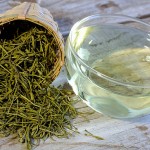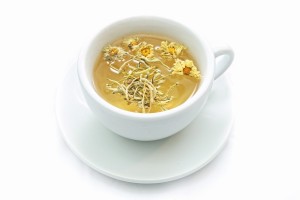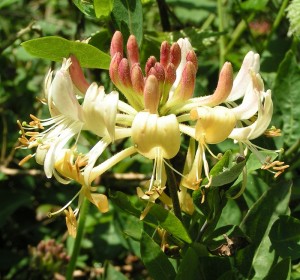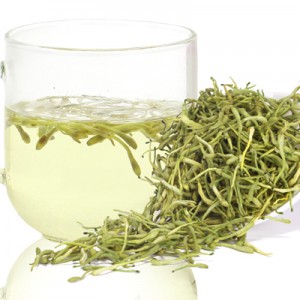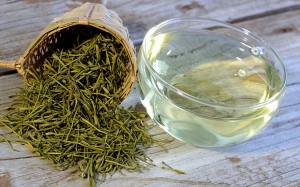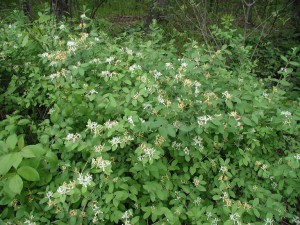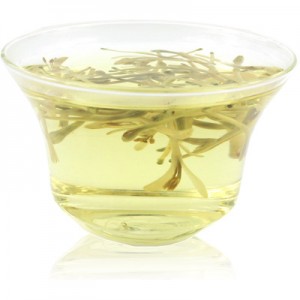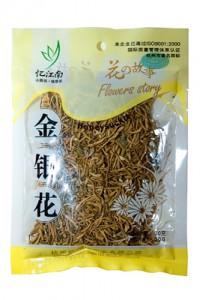Honeysuckle Tea
Honeysuckle tea is an herbal infusion prepared from either the fresh or the dried flowers of three species of honeysuckle plant, including the common honeysuckle (woodbine), white honeysuckle (Japanese/Chinese honeysuckle), and the trumpet honeysuckle (coral honeysuckle). The beverage is popular not just for its therapeutic effects but also for its sweet taste.
History and origin
The honeysuckle flower has been cherished by many cultures throughout the world, primarily for its medicinal properties. The Roman physician Pedanius Dioscorides and the sixteenth-century English herbalist John Gerard recommended its use for treating ailments of the spleen, liver, and the respiratory system. In ancient Chinese medicine, honeysuckle has been utilized as a heat-clearing herb for its anti-toxic properties. The North American natives have been traditionally using this herb as a poultice for alleviating skin conditions like boils, sores, and scabies.
Honeysuckle tea benefits: what is it good for
Fights off flu virus
In China, researchers have claimed that a natural constituent of honeysuckle called MIR2911 helps to ward off influenza A viruses. The ingredient with antibacterial and antiviral properties works like an antibiotic that aid the treatment of seasonal flu, as also some deadly diseases including bird flu and swine flu.
Because of its antibacterial effects, its consumption is recommended for those suffering from common cold, pneumonia, bronchiolitis, and some other infections of the respiratory tract.
Reduces swelling and pain
As it has anti-inflammatory properties, its intake provides relief from pain and inflammation of the intestines associated with digestive conditions like dysentery and enteritis. It is also useful for lessening the stiffness and swelling of joints caused by rheumatoid arthritis.
Cancer preventive properties
Clinical studies have confirmed that the herb is rich in flavonoids like luteolin, loganin, and sweroside, which assist in slowing down the growth of cancerous tumors. Having a cup of honeysuckle tea regularly improves the immunity of the body and helps to prevent the damages caused by free radicals.
Urinary disorders
Its constituent compounds act as a diuretic and thus help in lessening the chances of kidney stones formation that is caused by the deposition of urate crystals in the urinary tract or the kidney. This provides relief from gout, as also aids in the treatment of impaired kidney functions.
Useful for diabetes
Its consumption is good for regulating the blood sugar levels, thus lowering the risks of diabetes. Diabetic patients can also benefit from its intake since it helps to maintain a good balance of blood glucose.
Helps relieve constipation
Because of its laxative properties, drinking honeysuckle tea facilitates smooth bowel movement and provides relief from constipation. Thus, it assists in reducing intestinal gas, bloating, and belching.
Promotes sweating
It is a stimulating diaphoretic that helps the sweat pores to open up, and cools down the body by perspiration. It not only keeps the body from getting too warm during a fever but also cleanses the body. Therefore, by promoting sweating, this drink acts as a natural detoxifier.
A blend of green and honeysuckle tea helps to get rid of the harmful toxins and impurities from the skin cells, as a result, reduces the chances of development of pimples, acne, and other skin conditions.
Other uses
- As a mouthwash, honeysuckle tea can be used for rinsing the mouth to alleviate pain caused by bleeding gums and mouth sores. It provides relief from throat infections when gargled for few minutes.
- Its topical application like a poultice is good for itchy and inflamed skin.
How to make honeysuckle tea
- Put either 2 cups of fresh or 1-2 tbsp of dried honeysuckle flowers in a mason jar
- Pour 2 ½ cups of boiling water in the jar
- Stir well
- Let the mixture steep for several hours
- Strain it
- Add some sweeteners like honey or sugar to taste (optional)
You may refrigerate the drink overnight and serve it cold with some ice cubes. Use some blossoms and mint twigs for garnish.
Safety and precaution
Side effects
Though not much information is available about its safety, short-term use of honeysuckle is reported to be safe. Those susceptible to allergic reactions should avoid it. People scheduled to undergo a surgery should also refrain from its use since it might interfere with their body’s blood clotting mechanism.
During Pregnancy
Both the expecting and nursing women are advised to abstain from having this tea as not much scientific evidence has supported its use during these times.
Where to buy
Dried honeysuckle flowers are sold in packets and tea bags by the major online retailers. You may also search for both the fresh and dried varieties in the local departmental stores and tea shops that specialize in selling herbal teas.
References
- https://en.wikipedia.org/wiki/Honeysuckle
- http://theviewfromgreatisland.com/honeysuckle-iced-tea-2/
- http://www.anniesremedy.com/herb_detail359.php
- http://www.dailymail.co.uk/news/article-2783033/The-latest-weapon-fighting-flu-nice-cup-honeysuckle-tea-Scientists-ingredient-acts-like-viral-penicillin.html
- http://www.webmd.com/vitamins-supplements/ingredientmono-512-honeysuckle.aspx?activeingredientid=512&activeingredientname=honeysuckle
- http://www.hoajonline.com/journals/pdf/2050-0874-1-2.pdf
- https://elmaskincare.com/herbs/herbs_honeysuckle.htm
Article was last reviewed on 22nd December 2022
Related Articles
Leave a Reply
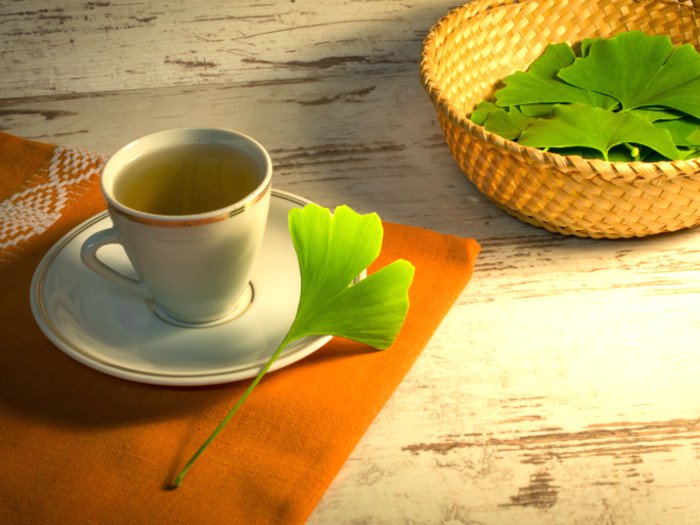
Ginkgo Biloba Tea
The Ginkgo Biloba tea is an herbal infusion obtained from the extract of the dried leaves
Read more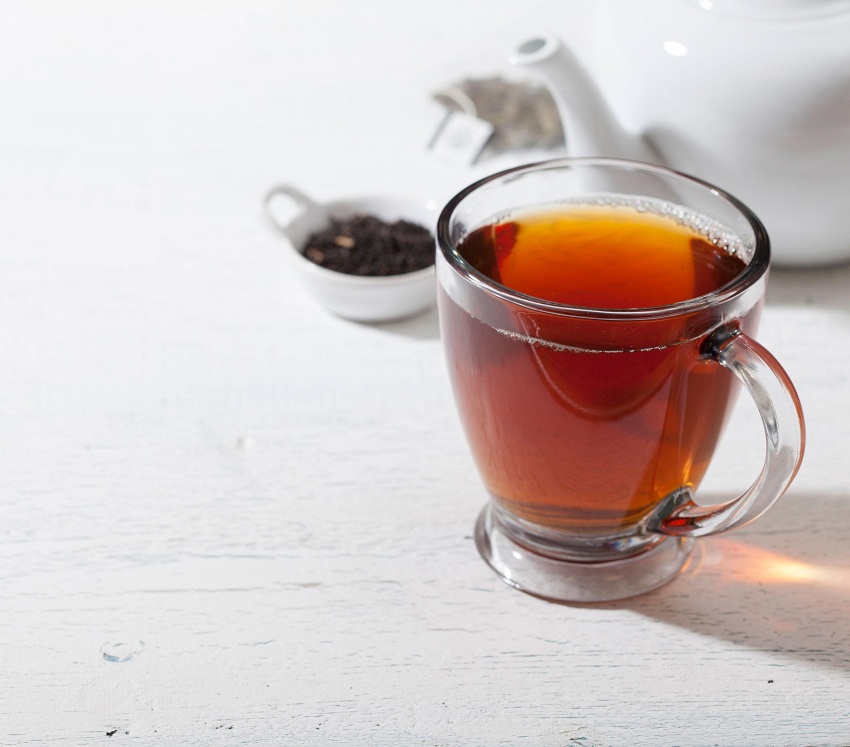
Black Tea
Black tea, belonging to the same group as the green, white and oolong teas is the most oxi
Read more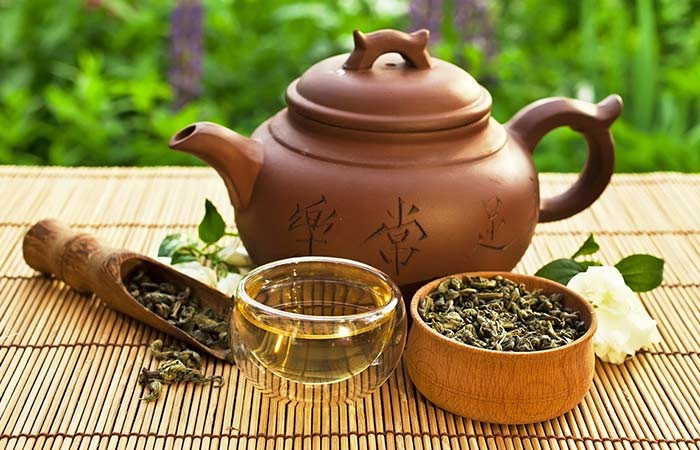
Oolong Tea
What is oolong tea Oolong, a traditional beverage of China, is prepared from the buds, st
Read more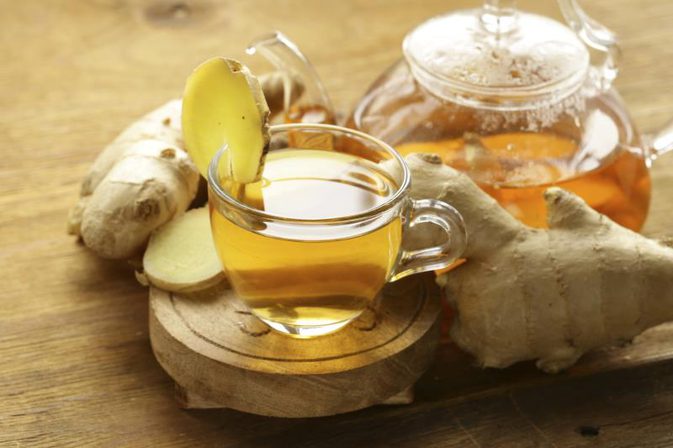
Ginger Tea
Ginger tea, prepared from the roots of ginger, is a popular herbal beverage of Asia. Becau
Read more
